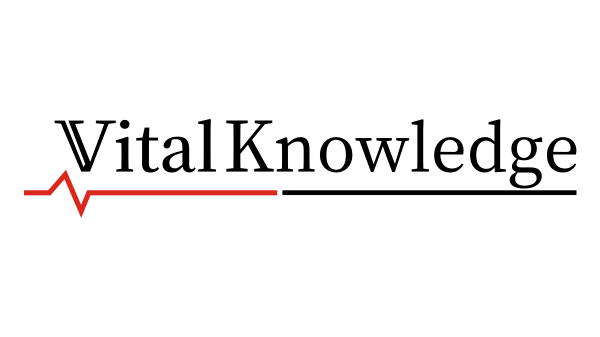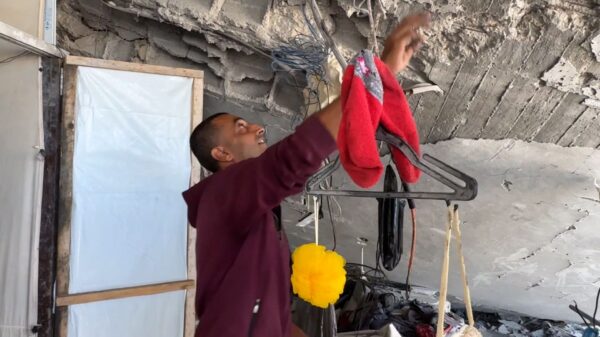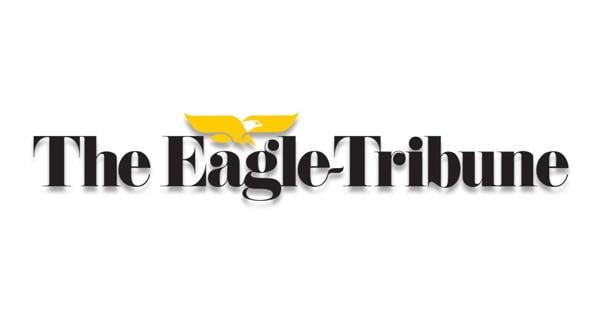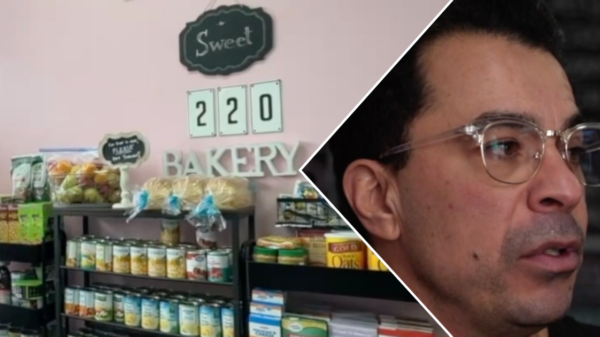New Mexico Governor Michelle Lujan Grisham has convened a special session of the state legislature to address a series of critical funding challenges. The session will focus on proposed measures aimed at mitigating the impact of significant reductions in federal funding that threaten vital services, including food assistance and health care.
The special session, called this week, is in response to the sweeping changes brought about by the federal budget reconciliation bill signed into law by former President Donald Trump in July. This legislation, known as the “One Big Beautiful Bill Act,” is anticipated to result in substantial cuts to Medicaid and the Supplemental Nutrition Assistance Program (SNAP), which serves a significant portion of New Mexico’s population.
According to Kari Armijo, Cabinet Secretary of the New Mexico Health Care Authority, the state could lose up to $203 million in federal funds as a result of these changes. This loss primarily stems from decreased federal support for SNAP administration and new cost-sharing requirements. As of August, almost 460,000 residents, over 20% of the state’s population, relied on SNAP, making New Mexico home to the highest SNAP enrollment rate in the United States.
The anticipated reductions in SNAP benefits could begin as early as November, with the Health Care Authority warning that the impacts will extend beyond individual recipients. An estimated 1,700 grocery stores, farmers markets, and convenience stores could face losses exceeding $1 billion due to decreased SNAP spending. More than 17,000 jobs in New Mexico are supported by SNAP-related expenditures. As Jill Dixon, executive director of The Food Depot, points out, SNAP is crucial for food security, providing nine meals for every meal supplied by food banks.
In addition to addressing SNAP funding, lawmakers are expected to discuss emergency measures to enhance food assistance programs during the special session. A preliminary analysis from the Legislative Finance Committee suggests that these efforts could cost up to $60 million. The Health Care Authority is also advocating for additional state support to maintain supplemental SNAP payments for vulnerable populations, including seniors and individuals with disabilities.
Another significant focus will be on health care funding. The changes in federal policy are projected to result in a loss of $8.5 billion in payments to doctors, clinics, and hospitals in New Mexico from 2028 to 2037. To provide some financial stability, the Health Care Authority is seeking to expand the state’s Rural Health Care Delivery Fund, which has already allocated over $120 million to support rural health providers since its establishment in 2023. Additional funding of $50 million is under consideration to expand the fund’s scope.
The special session will also address the financial challenges faced by public broadcasting entities in New Mexico. Following a significant reduction in federal support from the Corporation for Public Broadcasting, which will cut more than $500 million from its annual funding, lawmakers are looking to bridge the funding gap. A Legislative Finance Committee report estimates that restoring public broadcasting funding could cost around $5.8 million.
Critics, particularly among state House Republicans, have questioned the prioritization of public broadcasting funding amid pressing social issues. Nonetheless, Democratic leaders defend its inclusion, highlighting its role in emergency communications. Tazbah McCullah, general manager at KSFR, the Santa Fe public radio station, emphasized that the situation is only the beginning of discussions regarding the future of rural and tribal broadcasting in the state.
State lawmakers are also expected to explore potential subsidies to keep health insurance premiums manageable for self-employed individuals and small business owners who use the state’s health insurance marketplace, BeWell New Mexico. The impending expiration of enhanced premium tax credits for higher-income families by the end of 2025 poses a threat to affordability. The Health Care Authority estimates that not extending these credits could result in approximately 27,000 patients losing their coverage.
As the special session unfolds, lawmakers face the challenge of equipping the Health Care Authority to handle increased workloads stemming from new federal requirements for verifying SNAP and Medicaid enrollment. The agency anticipates significant growth in its responsibilities, including a shift to biannual eligibility checks for SNAP and Medicaid recipients.
The outcome of this special session will be crucial for many New Mexicans as the state grapples with the ramifications of changes to federal funding and seeks to bolster its social safety nets.





































































